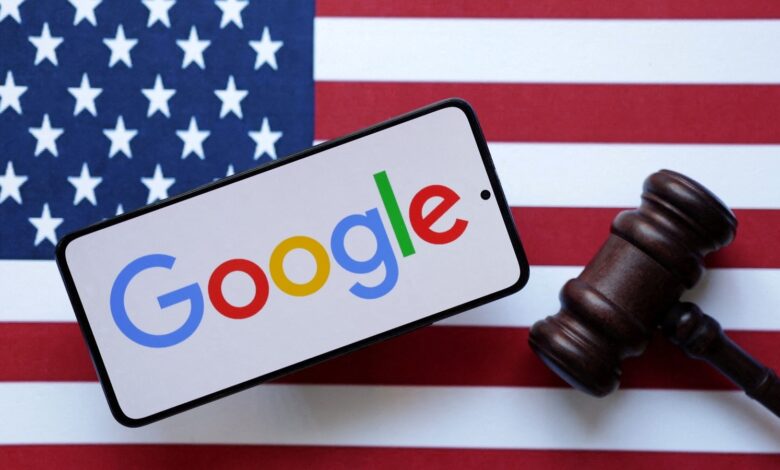Google refuses to integrate fact-checking in search algorithm, rejects EU misinformation code: Report

In a recent letter to the European Union, Google made clear that it will not incorporate fact-checking into its YouTube video or search algorithms. According to a report, the tech giant has rejected proposals to use fact-checking as a factor in ranking or removing content. report by Axios.
Google’s perspective on fact-checking integration
Despite pressure from the EU’s new Disinformation Code of Practice, Google remains firm in its stance on content moderation. The company previously informed EU lawmakers of its position and has now reiterated this position ahead of implementing the voluntary code. The letter sent to Renate Nikolay, Deputy Director General of the European Commission’s technology and content department, highlights Google’s refusal to adopt fact-checking as part of its services.
Also read: Bharat Mobility Global Expo 2025: Check event schedule, locations, ticket prices and more
Kent Walker, president of global affairs at Google, explained that the integration of fact-checking required by the Commission’s new code is “simply not appropriate or effective” for businesses. Google services. He emphasized that the company would not commit to mandatory changes. Google’s position remains consistent, although the law would require the company to display fact-check results alongside search results and YouTube videos, as well as adjust its ranking algorithm based on those checks. check this out.
Walker points to Google’s existing content moderation measures as evidence of their effectiveness, especially during recent global election cycles. He also highlighted a new feature on YouTube, introduced last year, that allows users to add contextual notes to videos. He argued that the feature has significant potential, much like similar initiatives from other platforms like X and Meta.
EU Disinformation Rules and Google Decision
The EU’s Code of Practice on Disinformation, first introduced in 2018 and expanded in 2022, encourages tech companies to voluntarily engage with fact-checking organisations. The code predates the EU’s Digital Services Act (DSA), which called on companies to formalize these activities under the act. However, Google has confirmed its decision not to comply with its fact-checking commitments when the DSA Code of Conduct comes into effect.
Looking ahead, Google plans to continue improving its content moderation policies, focusing on providing users with more context in search results through tools like Synth ID watermarks and AI reveal on YouTube.


